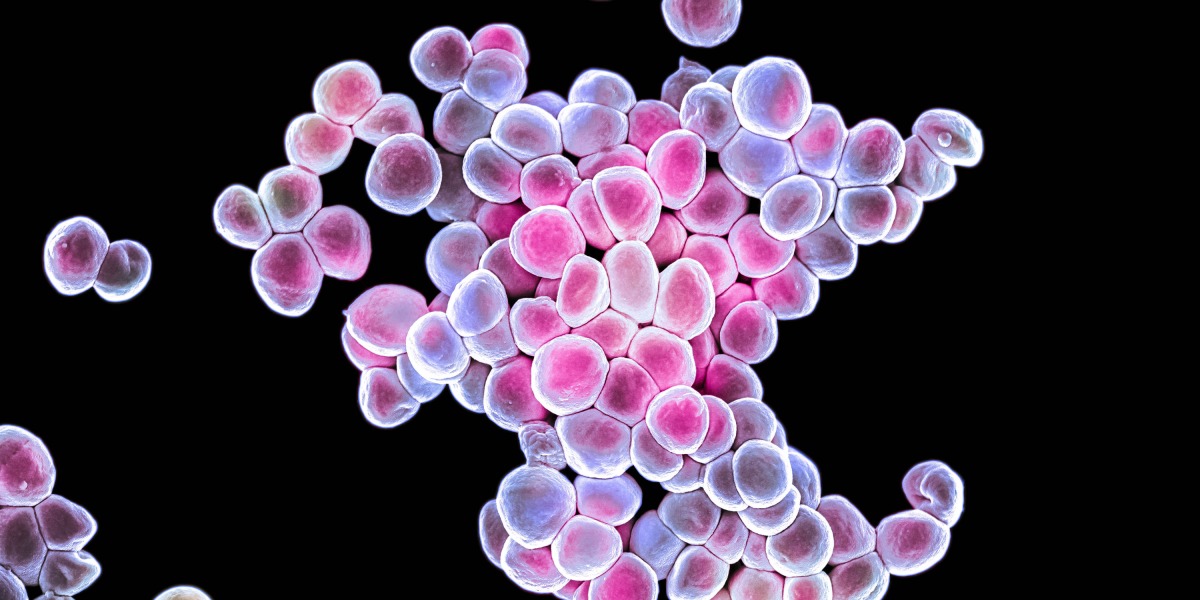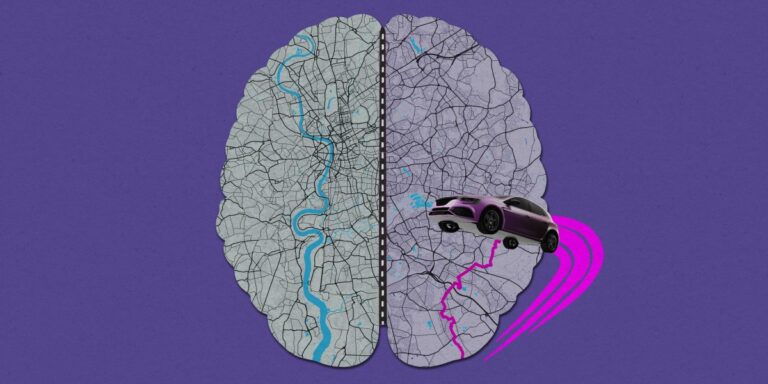
The news: There are trillions of microbes living in and on our bodies—and we might be able to modify them to help us treat diseases. Scientists have altered the genomes of some of these bacteria, essentially engineering microbes that can prevent or treat cancer.
How they did it: The team chose a microbe that’s commonly found on human skin and modified it by inserting a new gene that codes for a protein that sits on the surface of some cancer cells. They applied it to heads of mice injected with skin cancer cells, and observed how the progression of the cancer was significantly slowed in mice that had been given the engineered microbe, compared to those who received a regular microbe.
What’s next: Although the team have to find a good candidate microbe they’re confident could trigger the same immune response in people, human trials are on the cards within the next few years. Read the full story.
—Jessica Hamzelou
Banning ChatGPT will do more harm than good
—Rohan Mehta is a high school senior at Moravian Academy in Bethlehem, Pennsylvania.
The release of ChatGPT has sent shock waves through the halls of education. Although universities have rushed to release guidelines on how it can be used, the notion of a measured response to the emergence of this powerful chatbot seems to have barely penetrated K–12 classrooms. Consequently, high schoolers across the country have been confronted with a silent coup of blocked AI websites.
That’s a shame. If educators actively engage with students about the technology’s capabilities and limitations—and work with them to define new academic standards—generative AI could both democratize and revitalize K–12 education on an unprecedented scale. Read the full story.






